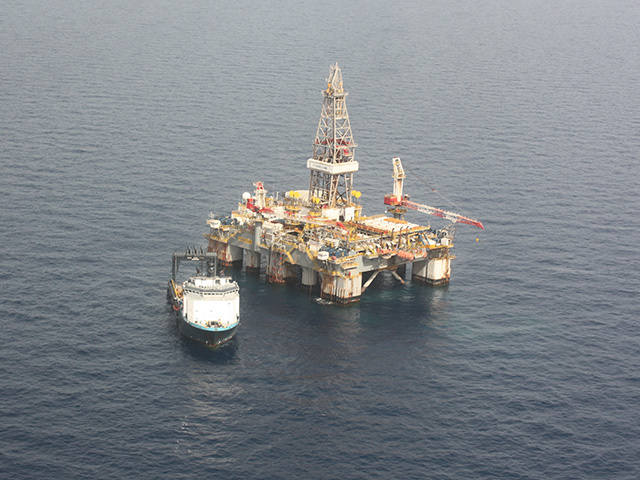
Mid-March saw Israel join the global club of deepwater producers with first commercial production achieved from the Tamar gas field.
The successful start-up of the Noble Energy-operated field opens the door to long-term assured energy self-sufficiency for the Israelis . . . a land of “milk and honey” as some leading figures within the country’s oil and gas industry have already described it.
Israel has enjoyed both on- and offshore production, but on a very limited basis. It has been heavily dependent on imports, including from Egypt until the umbilical was severed during the “Arab Spring”.
It may surprise, but more than 500 exploration and production wells have been drilled, 50 of them offshore. The first onshore oil discovery – Heletz – was found in 1955. The first offshore gas find – Noa – was in 1999.
What has changed the game fundamentally are the two giant gas discoveries, Tamar and Leviathan.
The current run of luck began in 2009.
In January 2009, the big run started with Tamar (10TCF); in March 2009 – Dalit (0.7TCF); Leviathan (18TCF) in 2010, plus Shimshon and Tanan. Futhermore, Noble Energy has since found 7TCF Aphrodite in Cyprus waters in December 2012.
Structurally, the region is dominated by the Levant Basin where there are so far two main proven targets for gas offshore Israel.
They comprise Pliocene submarine channel-fill sands (Mary B, Noa, Or gas fields) and Miocene/Oligocene sub-salt slope and fan sandstones within large anticline structures of the Syrian Arc (Tamar, Leviathan and the Cyprus sector discovery Aphrodite).
High-grade oil accumulations have been found in Jurassic carbonate rocks (the Yam-2 and Yam Yafo-1 wells).
A new gas play has been proved recently by the Shimshon-1 well, which encountered gas in Miocene canyon-fill sands.
And onshore, the Israelis are now nursing high hopes that massive shale resources may be sufficiently cookable to extract oil and gas.
One way and another, it would appear that Israel really has the potential to become a major producer in its own right, so fundamentally shifting the balance of energy power in the Middle- and Near East.
Current resource estimates point to proven and probable gas reserves (2P) (Tamar plus other fields) of some 280billion cu.m. Contingent resources could more than double this to 533BCM. Add to this the possibility of a further 440BCM in contingent resources.
For now the contingent reserves figure for oil is just 230million barrels not counting shale potential.
Technically, Israel is at loggerheads with neighbour Lebanon regarding possible cross-border resources. In 2010 – 2011, Israel and Lebanon submitted to the UN their respective maritime boundaries which delimit their exclusive economic zones. These two submissions resulted in the creation of a disputed area of about 850sq. km.
However, there are no cross-boundary oil or gas fields which are exploited in Israel’s EEZ and extend to the disputed area. Northern limits of Tamar and Leviathan gas fields are located 35-55km south of the Lebanon EEZ boundary claim.
Whether out of pragmatism or happenstance, Israel has not granted petroleum rights to any company in the disputed area and has never carried out any kind of oil and gas exploration and production activities in the disputed area.
There are no plans to proceed with exploration and production within the disputed area as long as the dispute is not resolved.
PGS and Spectrum companies carried out for Lebanon in 2008-2012 2D and 3D seismic surveys which cover the disputed area.
Energy’s editor was told at briefings in Tel Aviv that the Israeli expectation is that Lebanon will act in a similarly responsible manner and is unlikely to proceed with exploration and production in the disputed area until the wrangle is settled.
Alexander Varashavsky, Petroleum Commissioner at Israel’s Ministry of Energy and Water, explained that open offshore areas which are not covered by current petroleum rights are closed for exploration and production.
However, Israel-Cyprus Framework Unitization Agreement negotiations are under way. There is strong pressure to get an early outcome because of the Aphrodite gas find, the fact that Noble Energy operates this plus the Tamar and Leviathan fields, plus the fact that Cyprus is bust.